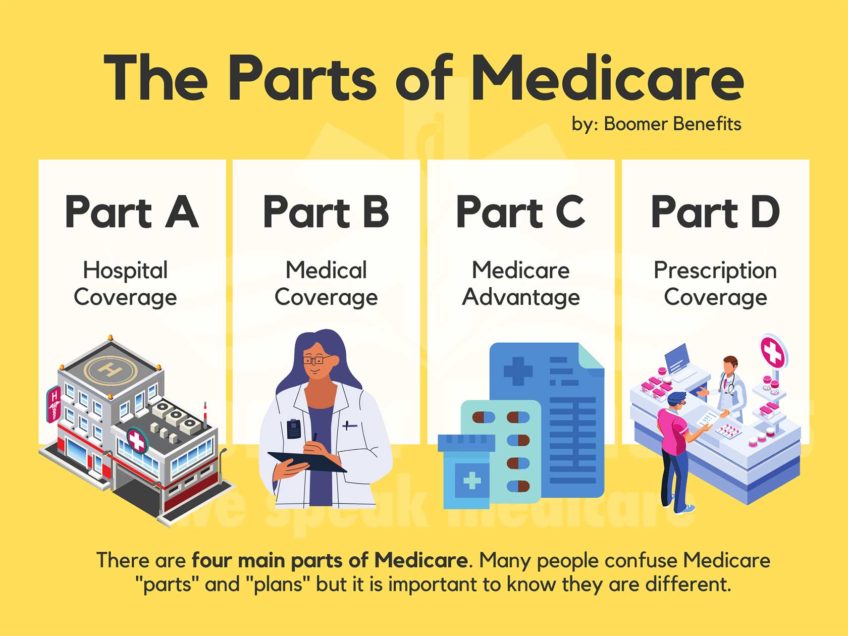WASHINGTON — Overall U.S. spending on health care would rise as a result of legislation approved a week ago by the House of Representatives, according to a report by a top official at the agency that oversees the government’s health insurance programs for the elderly and indigent.
The analysis was issued by Richard Foster, the chief actuary at the Centers for Medicare and Medicaid, which is part of the Health and Human Services Department. The study was conducted at the request of House Republicans, who quickly tried to turn it against Democrat President Barack Obama’s administration.
Foster’s report says legislation would expand insurance coverage to an estimated 32 million people who now lack it, according to the report, creating a demand for services that “could be difficult to meet initially … and could lead to price-increases, cost-shifting and/or changes in providers’ willingness to treat patients with low-reimbursement health coverage.”
Billions of dollars in projected savings contained in the measure will be difficult to maintain, the report said.
The United States is the only developed nation that does not have a comprehensive national health care plan for all its citizens, leaving nearly 50 million Americans uninsured.
Rep. John Boehner, the House Republican leader, issued a statement saying the study “confirms that this bill violates President Obama’s promise to ‘bend the cost curve.’ It’s now beyond dispute that their bill will raise costs.”
But Brendan Daly, a spokesman for House Speaker Nancy Pelosi, a Democrat, said the report “shows that our health reform bill will extend the life of the Medicare trust fund by five years, significantly longer than any proposal in recent years.”
The same report “estimates that our bill will cover 10 percent more of the population with less than a 1.3 percent increase in national health expenditures that illustrates a bending of the cost curve,” he added.
Obama and congressional Democrats have said one of their goals with the legislation is to slow the growth of health care costs nationally.
With one exception, Republicans voted against the legislation when it cleared the House, and the Republican Party now is girding for a fight in the Senate, where debate on health care is expected to begin within days.
In the party’s weekly radio and Internet address, Rep. Mark Kirk accused House Democrats of missing opportunities to improve the legislation when they rejected Republican proposals to limit lawsuits and give states more flexibility to enact innovative changes.
The report issued by Foster estimated that as a result of the legislation total health expenditures would be an estimated $289 billion higher in the coming decade than would otherwise be the case, slightly less than 1 percent.
Separately, the report cast doubt on the claims of House Democrats that the bill is fully paid for. It said because of reductions in planned Medicare payments, acute care hospitals, skilled nursing facilities and home health care agencies “could find it difficult to remain profitable and might end their participation in the program (possibly jeopardizing access to care for some beneficiaries).”
Any attempt to remedy that problem “would likely result in significantly smaller actual savings” than estimated, the report said.
Congressional budget experts say the House-passed bill would cost $1.2 trillion over 10 years and expand coverage to an additional 36 million people.
The Republican plan Kirk touted is estimated to push down premiums for privately insured people but would reduce the number of uninsured by just 3 million, according to an analysis by the Congressional Budget Office.
(Associated Press)


![Banner [Virtual] Art Gallery](https://baystatebanner.com/wp-content/uploads/2024/04/Cagen-Luse_Men-at-store-e1713991226112-150x150.jpg)



